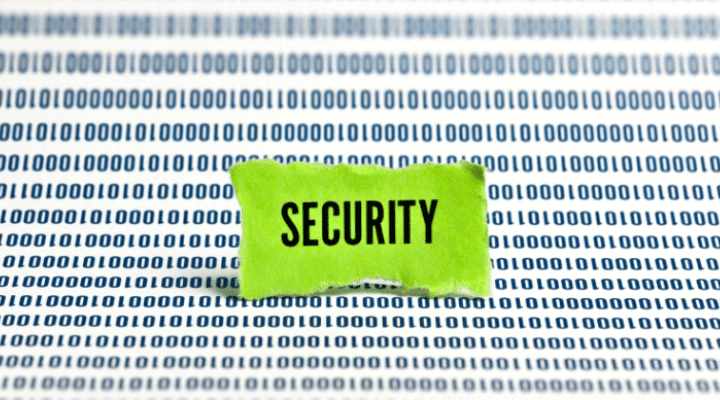New York city Mayor Bill de Blasio, announced the “New York Works” initiative June 15, 2017, which included 30,000 cybersecurity jobs over the next decade. The initiative’s intent is to bring 100,000 jobs to New York over the next ten years. Other sectors include life sciences and health, creative and cultural sectors, and industrial and manufacturing jobs. The focus is on bringing jobs which will help grow the middle class and pay at least $50,000 (or have a path to that salary).
The New York Works plan has 25 initiatives which reflects over $1 billion in allocated City spending. Of particular note is New York’s investment of $30 million in training, academic research and development laboratories, and creating a city sponsored business “accelerator.” Apprenticeships and additional focus on increasing graduation from the CUNY’s computer science programs is included.
New York faces the same cybersecurity shortage affecting the global information security sector. As evidenced by the ever increasing data breaches and network security incidents, having a cybersecurity capability is no longer an option within private or public entities, it is a necessity. The New York Works initiative addresses the need for bringing to the table “ready to work” talent. The skills necessary to land a high paying cybersecurity job are available via a plethora of organizations and educational institutions, not to forget the value of homegrown on-the-job learning.
The New York Commissioner of the Department of Information Technology and Telecommunications put it succinctly, “Undeniably, the most important part of cybersecurity is a highly trained workforce—professionals who know how to defend critical data and infrastructure in an ever-evolving threat landscape. Companies know this, and demand for those skills will only increase. Now, thousands more New Yorkers will be ready to answer the call, possessing the skills to get a good job and grow our economy at the same time.”
Dr. Aleksandr Yampolskiy, CEO of Security Scorecard, who hosted Mayor de Blasio for the announcement of New York Works, commented, “The growing complexity of breaches and hacks, coupled with the increased demand for viable solutions, makes it important to continuously recruit and train cyber security professionals. I commend Mayor de Blasio and his team for taking the initiative to make cybersecurity a priority for New York City businesses.”
While New York has taken the bull by he horns to address the cybersecurity talent shortage, others (both public and private) can do more, advocates the Harvard Business Review (HBR) in their May 2017 article, Cybersecurity Has a Serious Talent Shortage. Here’s How to Fix It.” The HBR advocates looking or talent outside of the norms of technologically educated and look at applicants with non-traditional backgrounds. Noting how security and lack of cybersecurity touches all of us, the HBR challenges industry to “take a hard look at themselves to see what’s holding them back.”
“There are no signs the bad guys are limiting their talent pool,” notes the HBR. Embracing those with the characteristics necessary to be successful in the cybersecurity realm will increase the pool of potential candidates. They identify the primary traits as strong ethics, understanding risks, unbridled curiosity, and a passion for problem solving. HBR notes if these traits are present, you can teach the technical skills.
They went on to make a number of recommendations, which included, “build a local cybersecurity ecosystem,” which is exactly what the Big Apple is doing by putting in place a means to grow the number of cybersecurity jobs.

